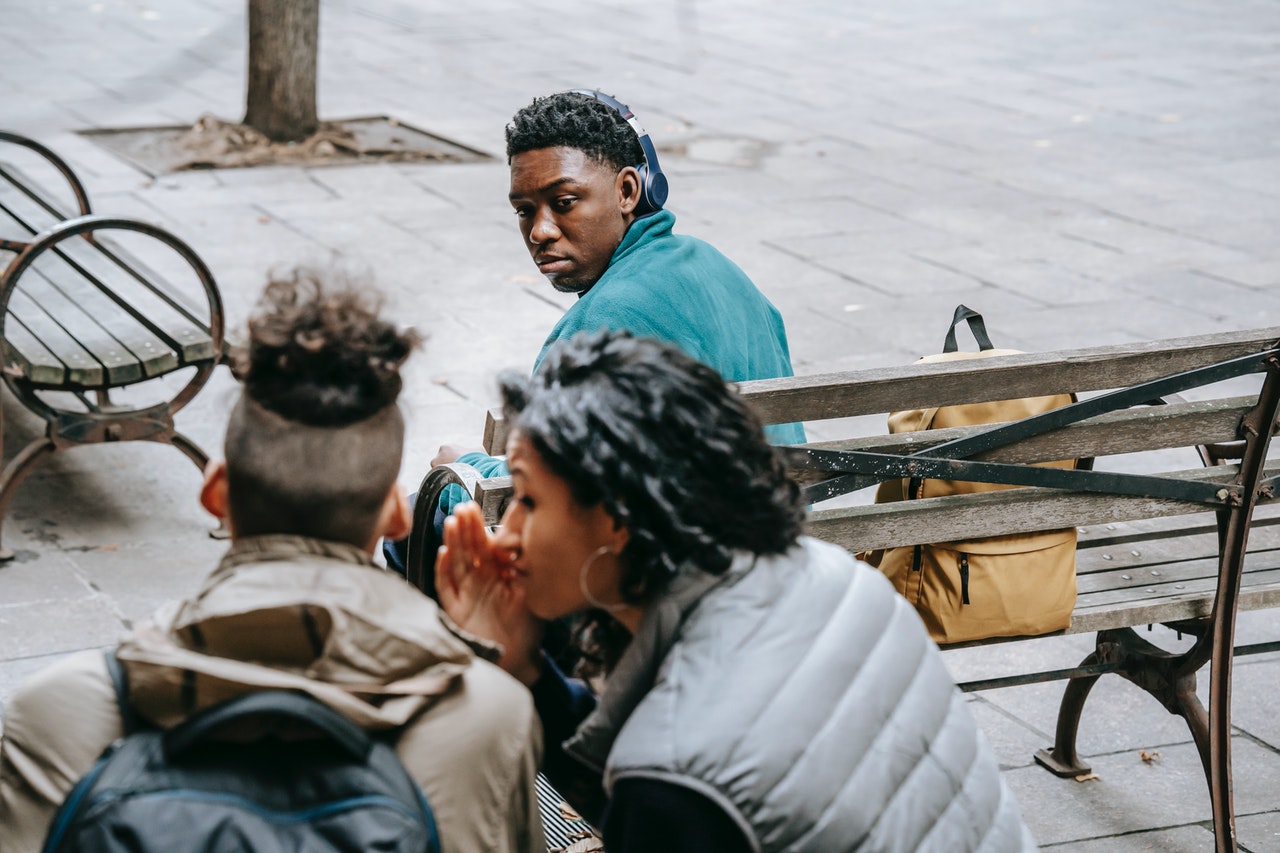Features
Oderowho Elohor: The Thing About Retelling Single Stories

We are often guilty of one thing: running along with a single story. I am guilty too. I have misunderstood people and situations simply because I held back from giving a broader and nuanced view of a story. I have made assumptions and choices from an incomplete story. One of the most one-sided stories I ever held on to was that being Nigerian, by default, puts me at great disadvantage.
I always imagined myself as any other person but not African or Nigerian. From the underdevelopment, insecurity, long educational hiatus to a series of repeated banditry attacks, there’s absolutely nothing fun about being a Nigerian. There is the feeling of being in the lower class of the world’s hierarchy, the distorted perception that the black skin is subjugated to an endless struggle, and the pain of seeing hardworking Nigerians suffer for the mistakes of the government. I saw the prices of goods spike by over 60%, I saw fish disappear from the dining table and I’ve lost friends who died due to a failed healthcare system. I began drafting what would become my lifelong pursuit. Not only would I abandon everything that makes me Nigerian, but I’d make sure to erase the painful memories that being Nigerian gave me. I would also yank away from the place I call home: Nigeria.
This budding pursuit seemed simple enough, but it stood in stark contrast with what I really wanted. I love being African and I love my black skin, but the sad narratives gained roots in my heart. This was me simply believing a single story.
Being a Nigerian is hard but not a detriment. Of course, Nigeria is full of many problems but there are other sides of this story that are great and not problematic, and it’s important that they are included in the chapters that make up our story. There are hardworking Nigerians who have the world at their feet, because of their exceptionality and excellence. Not everything about being Nigerian is rooted in pain and disappointment.
More often than not, we’re trapped in orthodoxies and beliefs that were formed from single stories. We’re humans, so the inclination to unconsciously operate from the place of a single story, half truth, or incomplete knowledge will always be there. Negative news will always trend and fake news will spread faster.
In this era of social media, it is normal for a lie or misconception to become the defining story, and feasting on the negatives of a narrative, a situation or a story robs one of the truth. We become ousted from the deeper perspective, parroting ideologies that sprout from an incomplete story. So many of the mantras we learned from childhood were birthed from a single story. If we properly begin to analyse the full details of every story, we’d stop reverberating what is untrue, and holding on frantically to some things we term cultural.
Retelling single stories results is a warped, stereotypical, and harmful mentality, culture and belief system passed down from generation to generation. And then children are indoctrinated into wrong dogmas which, in turn, shapes how they see themselves and the world, and influences their actions and inactions.
Many of us have, at some point, told and retold single stories. Still, there is a way around it: check yourself to see what you believe in, vet stories before you pass them on to the other party, check your stereotypes and take responsibility for your actions and the information you peddle. If there’s any change we should all make, it’s to make a resolution to find the truth, tell the truth, sell the truth and never take away the beautiful parts of any story.
***
Featured Image: Pexels





















